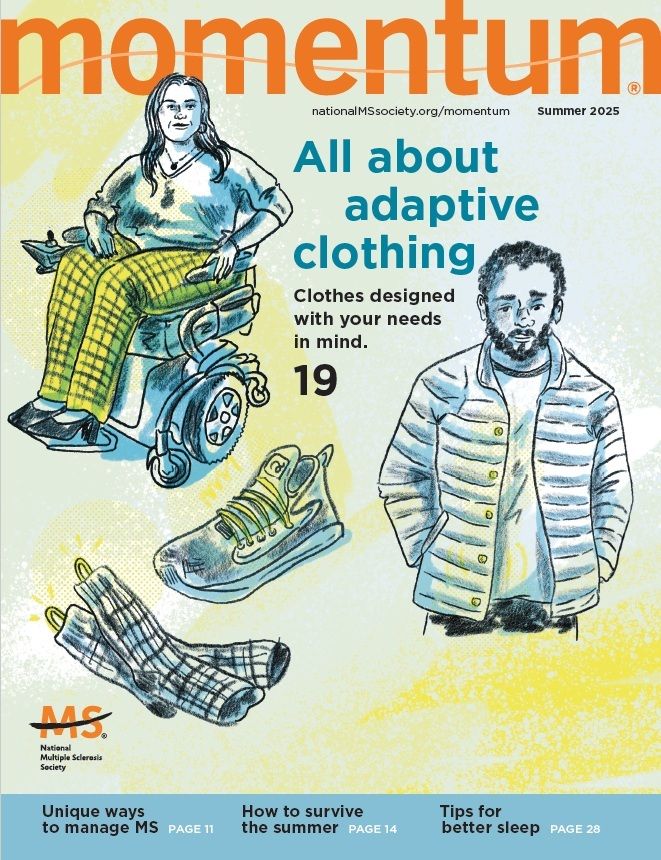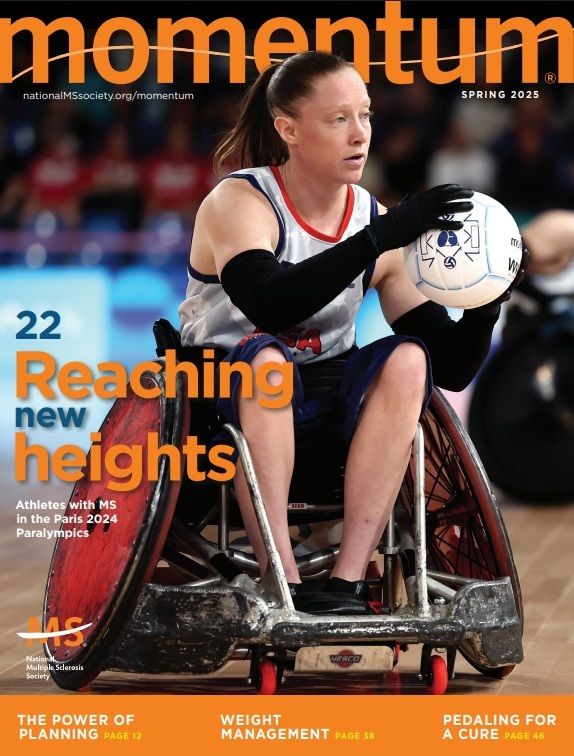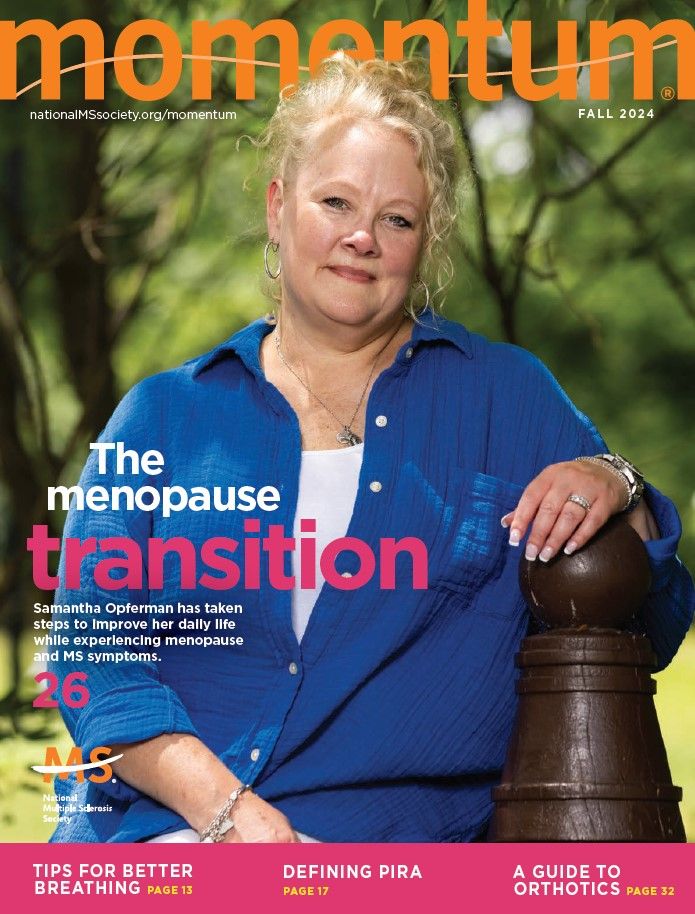This year, the International Advisory Committee on Clinical Trials in Multiple Sclerosis met to discuss changing the MS course descriptors. I was one of the four people on the leadership team that planned this meeting, which gave me a platform to share my story and my thoughts on this change.As this conversation has progressed, people have rallied around the idea that we can do a better job today of explaining MS, because the science has progressed in the last 30 years since the current course descriptors were created. We’ve learned a lot.MS is a multidimensional disease. That’s why my neurologist and I make a point to talk through everything during our annual visits — MRIs, clinical exam, physical symptoms, the need for physical therapy, diet, aging and more. But those nuances aren’t all captured in our current disease courses.I would like descriptors to include functionality. My ideal description would include walking, cognition, fatigue and other symptoms that come and go and are not captured in our current categories, especially if we knew the biological causes and had a way to measure them and track them over time.If MS were described in a more personalized way, I think people would better understand: “Here’s where I am in this moment.” Instead of trying to fit themselves into rigid categories, they could see their experience reflected in a more dynamic framework. Hopefully, then they would know more about their path and disease trajectory.As a patient, of course I also have concerns about change. For many of us who have had this disease for a long time, those labels have come along with us. And changing them will require time and really good communication.There are ripple effects to consider, too. Like, will I still be able to get my disease-modifying therapy if there is a new course descriptor? The insurance companies will have to agree, and they’ll have an opinion. So will the drug regulators, clinicians and researchers.












